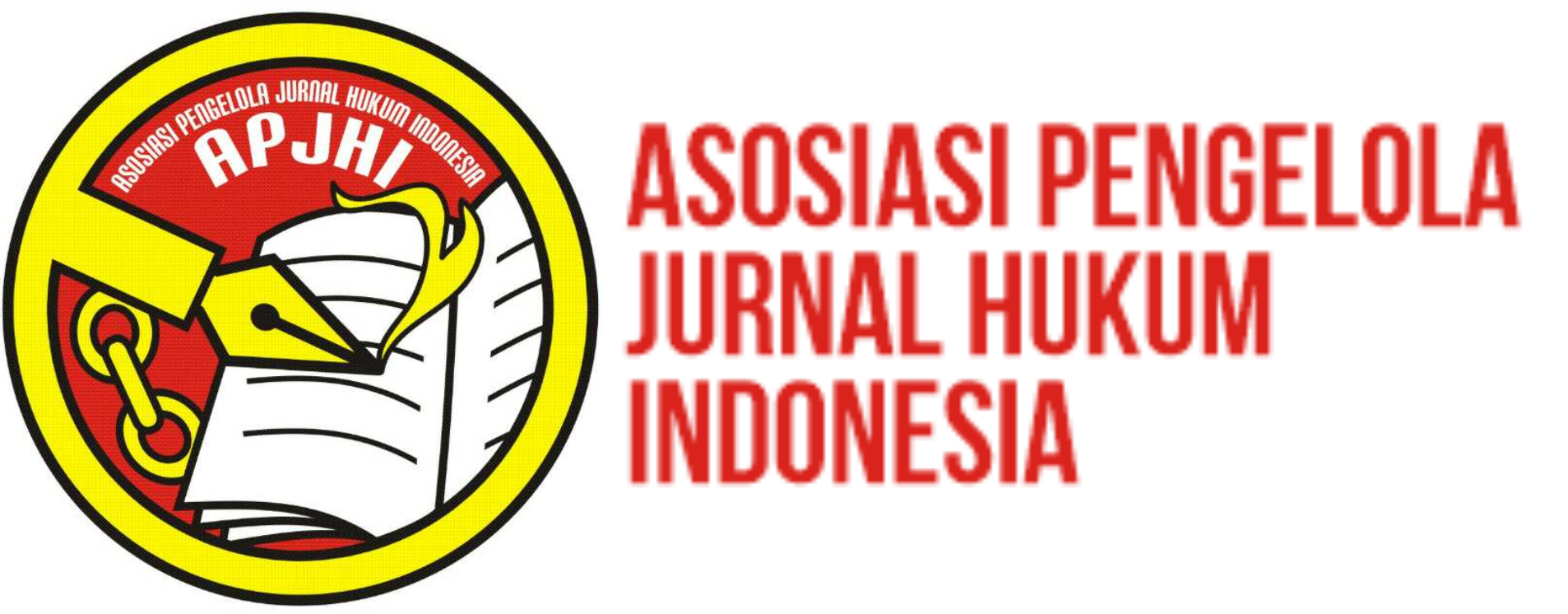Marginalisasi Pekerja Perempuan Sektor Informal Dalam Perspektif Hukum (Studi Kasus di Desa Teluk Wetan, Kecamatan Welahan, Kabupaten Jepara)
Abstract
Emancipation is a condition where someone getting freedom or chance to play a role in all aspects of life. It is the same thing that should be experienced by women. In fact, in an era which has given the same chances between men and women in their rights, many women have not experienced the equal chances yet. It is not only caused by the limited supporting facilities, but also come from the culture and view of life of the community itself. Women are still considered as the second citizens in a community and that they should be just staying at home. Marginalization towards women workers is not only limited on the income, but also on chances to be the owners of their own business. This condition, ironically, is often times supported by the women themselves as well. Even the religion doctrine has often been used as the main reason. This is the same thing happen in village of Teluk Wetan, Jepara District. The women there working for rattan industry still receive unequal treatment, both from income aspect and from chance aspect in the access to science and technology. If we compare between women and men in relation to production process in informal sector, the women in fact give more adding value than men. Beside the two factors above, actually, government attention also has a big enough role in the distribution of chances for women. The final result of a production process getting attention from the government as the authority will be very different with the one which is run without getting involved by the government specifically for the firm from the informal sector. However, the most important thing of all is thet efforts to minimize marginalization among women workers as vulnerable groups must be done because it has been proved that the marginalization generates a big obstacle for women to make equality with men in any aspects.
Keywords
Informal sectors female workers, marginalization, legal perspective
Full Text:
PDFDOI: https://doi.org/10.29103/reusam.v8i2.3665
 Article Metrics
Article Metrics
 Abstract Views : 494 times
Abstract Views : 494 times
Refbacks
- There are currently no refbacks.
Copyright (c) 2021 Tri Widya Kurniasari







